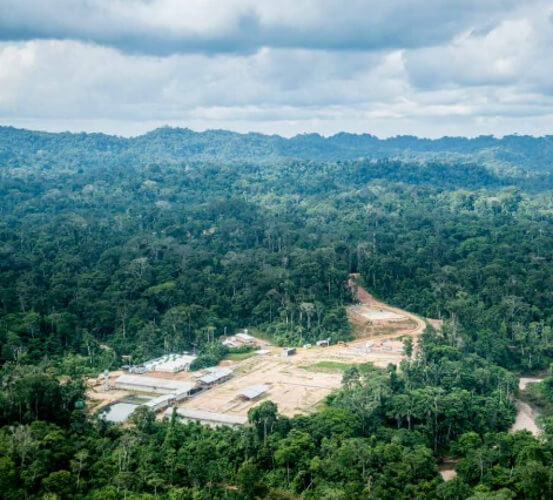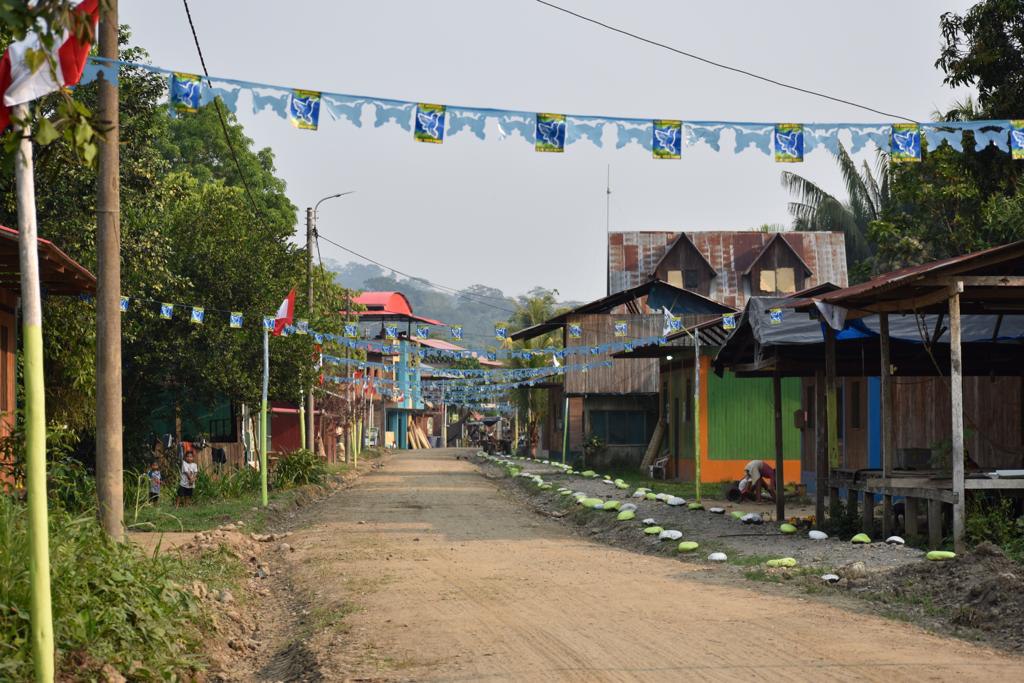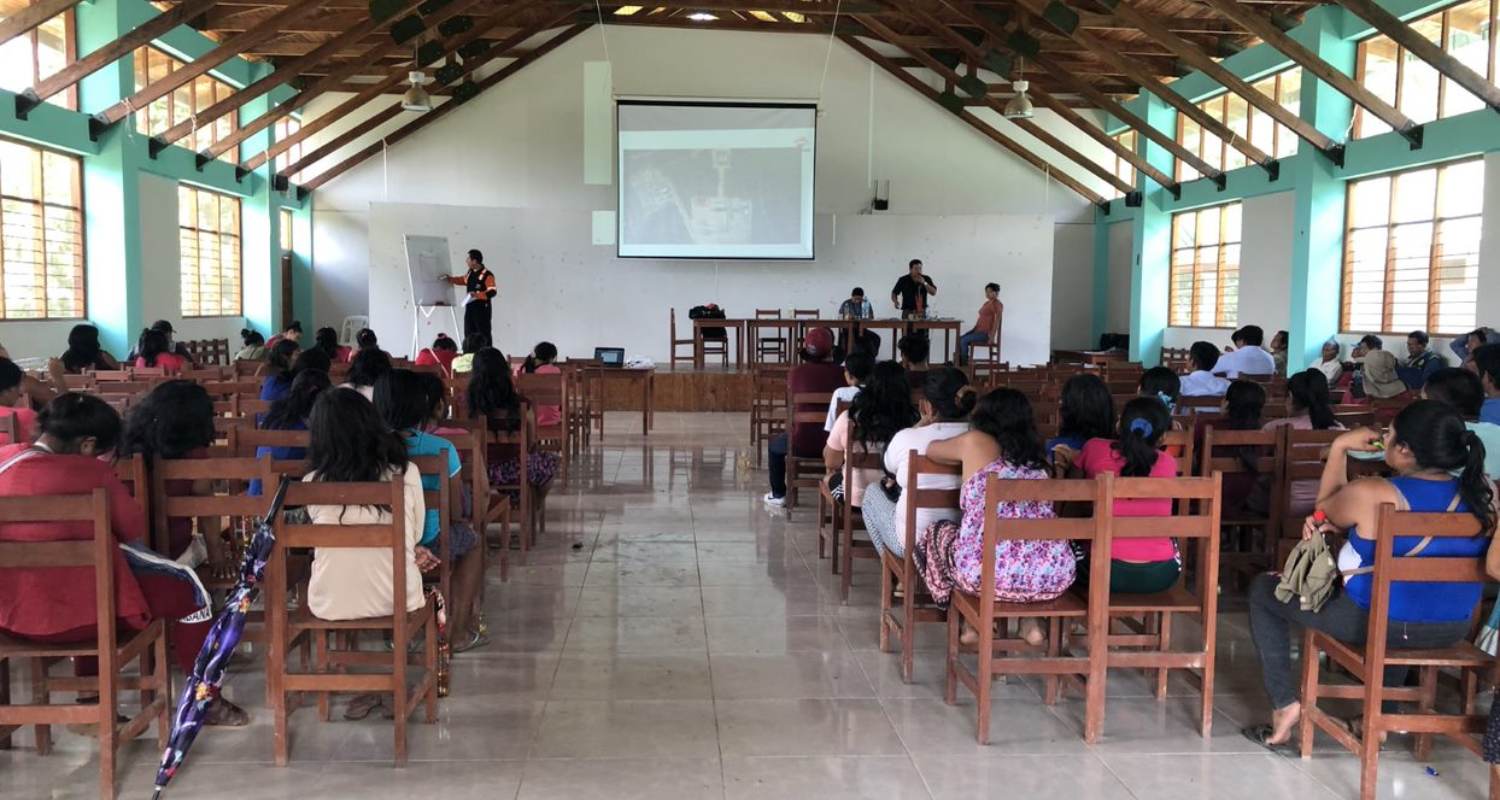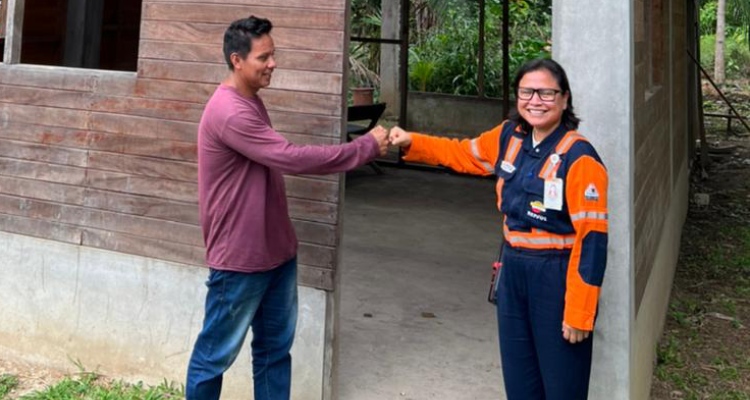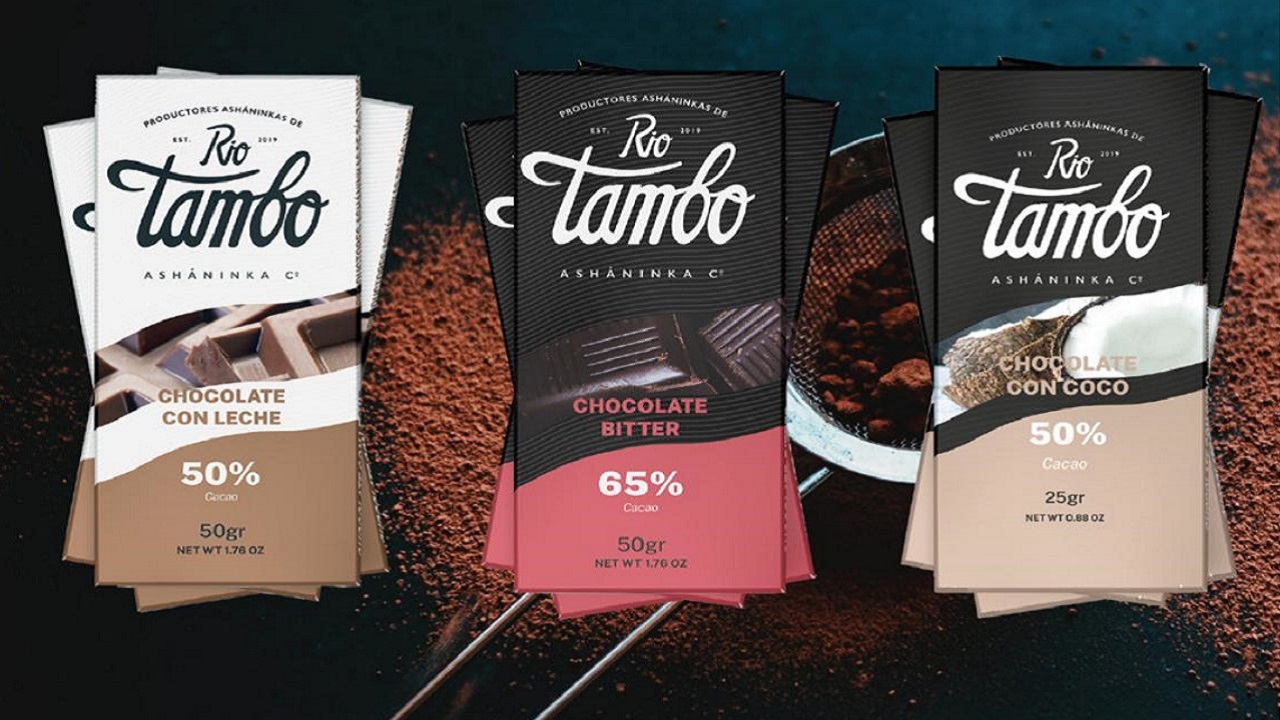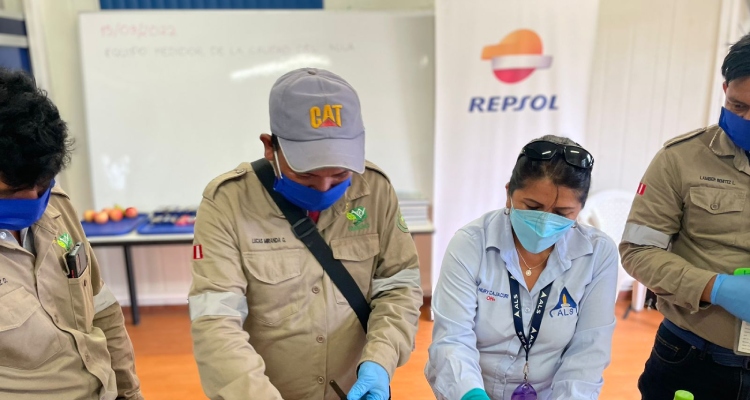1. Impact, risk, and opportunity management
In accordance with the Human Rights Due Diligence process and in compliance with the company's commitments, a Social Baseline and a Human Rights Impact Study were conducted in 2022.
They were carried out with the support of independent external experts who worked in the field with the participation of the communities and supported the empowerment of legitimately recognized authorities. In this way, it was the communities themselves who identified the impacts and the necessary mitigation measures.
We had the support of Mashiguenga and Ashaninka indigenous leaders in charge of applying the surveys, conducting interviews with community leaders and chiefs, discussion groups, and traditional authorities. The study gathers the opinions expressed by the people interviewed, as well as from the indigenous communities' collective imaginary and worldview reflected in their discourse. This information was contrasted with focus groups in discussions and meetings in the communities of Nuevo Mundo, Porotobango, Kitepampani, Shivankoreni, Camisea, and Carpintero Kiriguetty with leaders and members of these communities.
The main social impacts were related to ILO Convention 169, the United Nations Declaration on the Rights of Indigenous Peoples, the Convention on the Elimination of All Forms of Discrimination against Women, the Convention on the Rights of the Child, the International Covenant on Economic, Social, and Cultural Rights, and the International Covenant on Civil and Political Rights:


